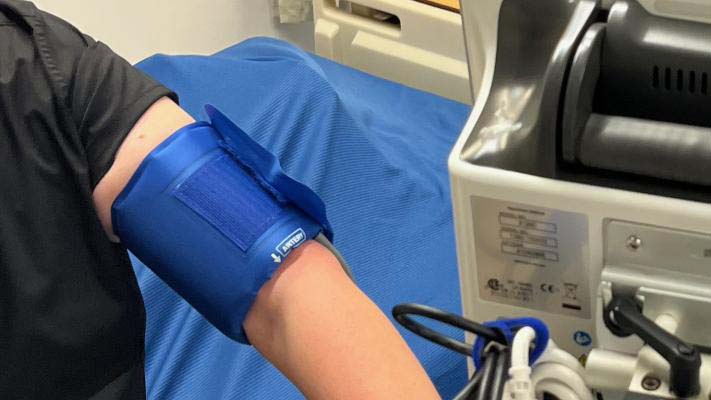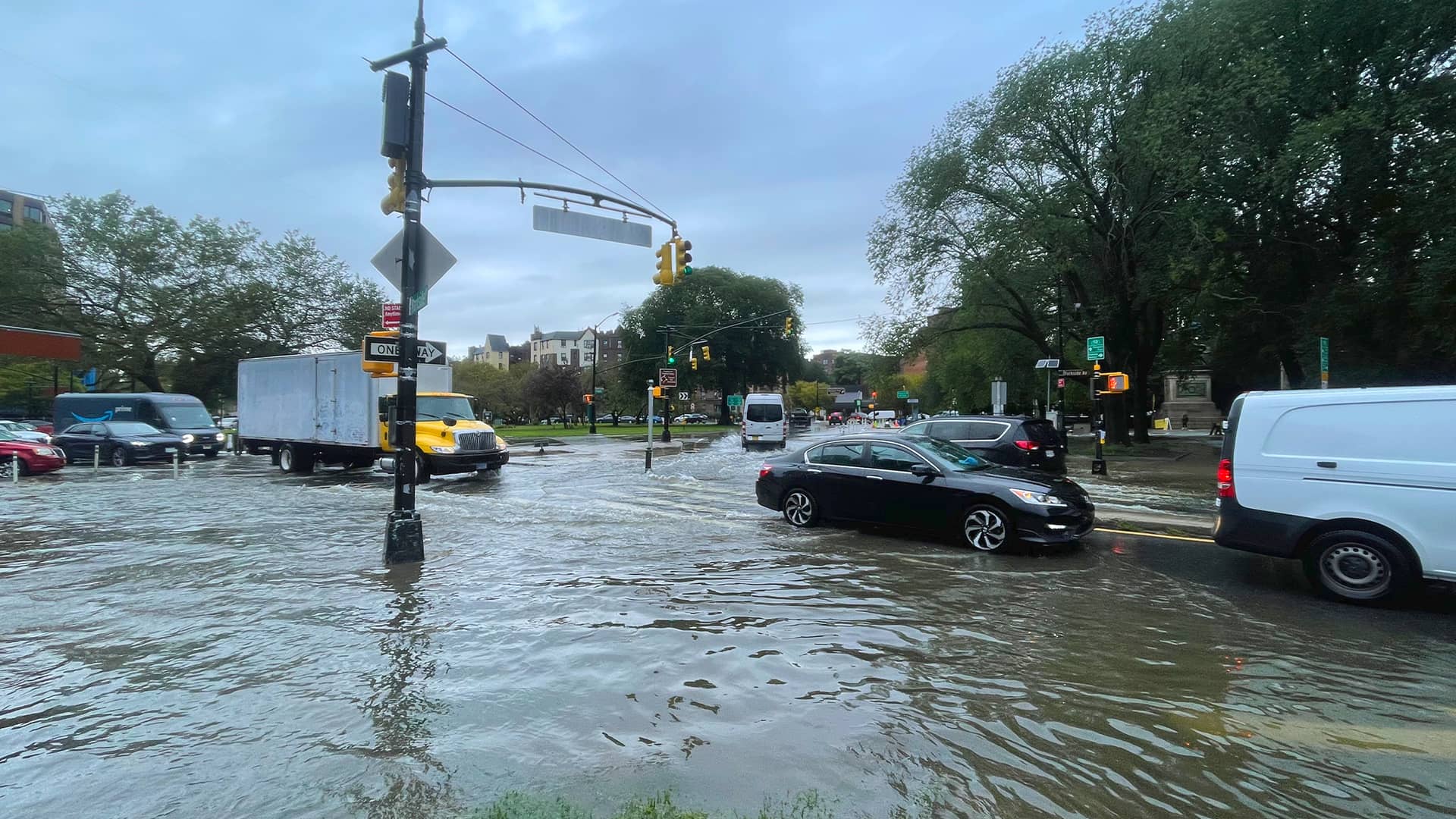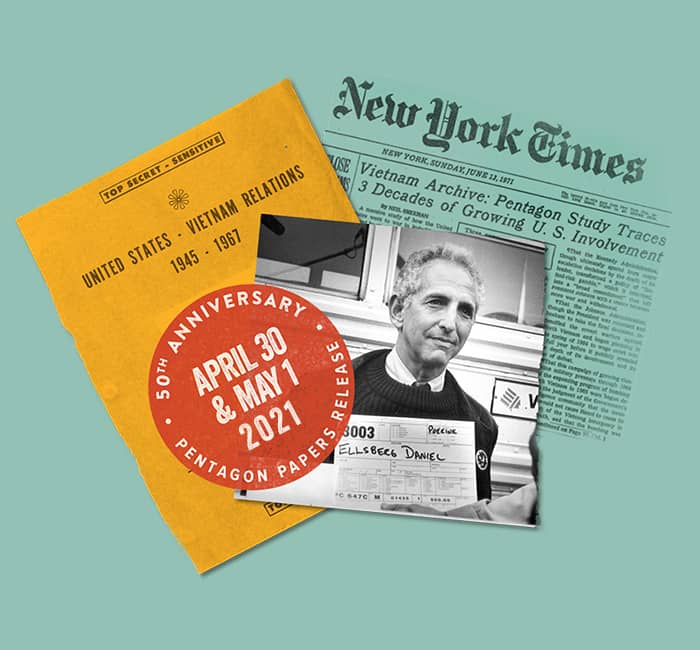2024 Elaine Marieb Center Pilot Grants
Each year, as part of the Elaine Marieb Center’s mission to promote healthcare innovation, the Center awards Pilot Grants to UMass faculty teams that use collaborative, interdisciplinary nurse-engineer research to discover and fill gaps in effective healthcare products and processes.
This year, four yearlong pilot projects were awarded addressing a diverse range of topics that highlight the unique contributions of nursing and engineering teams. This year’s projects are focused on nursing workload, the connection between health and local farming, new methods to measure actual IV pump flow rates, and the development of novel polymers in patient warming devices.
Culture, Climate Change, Farming, and Health Outcomes
Favorite Iradukunda, PhD RN from the Elaine Marieb College of Nursing, and C. D. (Christian David) Guzman, PhD from the Department of Civil and Environmental Engineering work with local farmers and gardeners in Holyoke and Springfield to further their project’s aim of building (as the team states) “insights and comparisons on the impacts that local urban farming can have on culture and health.” Diets rich in fresh produce positively impact physical health, and existing farming and gardening research suggests that the actual processes of farming and gardening can positively effect mental health as well. But these vital resources may not be accessible for the long term due to the impact of environment. The team says, “In addition to social interaction and physical activity, access to community gardens can improve food security and diet quality by increasing fruit and vegetable intake. While these programs can have an improved benefit to society and participants, climate change may influence the sustained access to these experiences.” The team will be using its engineering and nursing expertise to perform an analysis of qualitative farming and gardening data, comparing the Western Massachusetts region (including Springfield and Holyoke) to other areas of Massachusetts and the US, and looking at the effects of climate change and environment on local farms.
Improving Workload Management in Inpatient Units Using Mathematical Modeling and Qualitative Methods
Hari Balasubramanian, PhD; Muge Capan, PhD both from the Department of Mechanical and Industrial Engineering, and Joohyun Chung, PhD RN from the Elaine Marieb College of Nursing are working with nurses at Baystate Medical Center to create a nursing workload measurement tool that will reduce stress on nurses and improve patient care. With the nursing profession facing unprecedented staffing shortages, precisely defining workload is a critical part of making that workload manageable. The team stated, “Defining and understanding nursing workload is a complex undertaking, as there is no clear published definition specifically tailored to nursing. Further, there is no standardized approach to measure and manage the workload associated with tasks assigned to nursing-led care teams in inpatient units. The goal of the proposed project is to leverage the power of frontline provider experiences and data science to inform sustainable care team configuration in the hospital setting.” The first part of their project will utilize engineering expertise to analyze several months of workload data from a cardiovascular unit at Baystate Medical Center. The second part will determine what nurses understand to be important measures of workload by working with focus groups of nurses. Findings from both parts will be combined to create a workload measurement tool.
Synergistic Fusion: Advancing Thermal Therapy Systems for Patient Safety through Nursing-Engineering Collaboration
Yanfei Xu, PhD from the Department of Mechanical and Industrial Engineering, will be working with Cidàlia Vital, PhD RN, the Program Director of Nursing Research and Holistic Nursing at Baystate Medical Center and Lecturer from Elaine Marieb College of Nursing to increase the efficiency of polymers in thermal therapy systems. The team’s research will be taking place both in UMass laboratory space and in the Baystate Health clinical setting. The thermal therapy systems surround patients with warm air prior to and following surgery and at other critical times, but the tendency of the plastics to overheat and fracture can decrease their efficacy and cause unintended harm to patients. In addition to gathering data about these devices in the real-world setting, the team plans to apply these data to the creation of novel polymers that will not be prone to overheating and fracturing. The team says, “Anticipated outcomes include significant advancements in thermal therapy applications using advanced polymers with efficient heat dissipation and strong shear strength, leading to more personalized and efficient healthcare solutions benefiting individuals and communities.”
Use of Spectrophotometry and Molecular Concentration to Evaluate Secondary Medication Flow Through Baxter Sigma Intravenous Smart Pumps
Jeannine Blake, PhD RN, Juan Jiménez, PhD, and Sina Fazarneh, PhD from the Department of Mechanical and Industrial Engineering use spectrophotometry to document the flow rates of IV Smart Pumps (IVSP). Due to various factors, IVSP often inaccurately indicate flow rates; in other words, readouts on IV Smart Pumps are often not consistent with the actual amount of medication being dispersed. This is problematic, as adverse events related to errors from IVSP use are among the most frequent medical device errors reported to the FDA (Food and Drug Administration). Using spectrophotometry (which measures the amount of light that passes through substances to determine the substance’s viscosity, or density) will provide a greater level of detail than that provided by the data previously available. “The level of precision afforded by this methodology will go beyond prior study of this variable, providing a much clearer understanding of the impact of setup on secondary medication administration. By populating each of the two infusion bags with a molecule traceable by spectrophotometry, we will be able to assess the final fluid volume for the concentration of each molecule and compare to the expected concentrations to understand the flow profile through the IVSP.”
This story was originally published by the Elaine Marieb Center for Nursing and Engineering Innovation.
- Grow Investment
- College of Engineering
- Marieb College of Nursing




